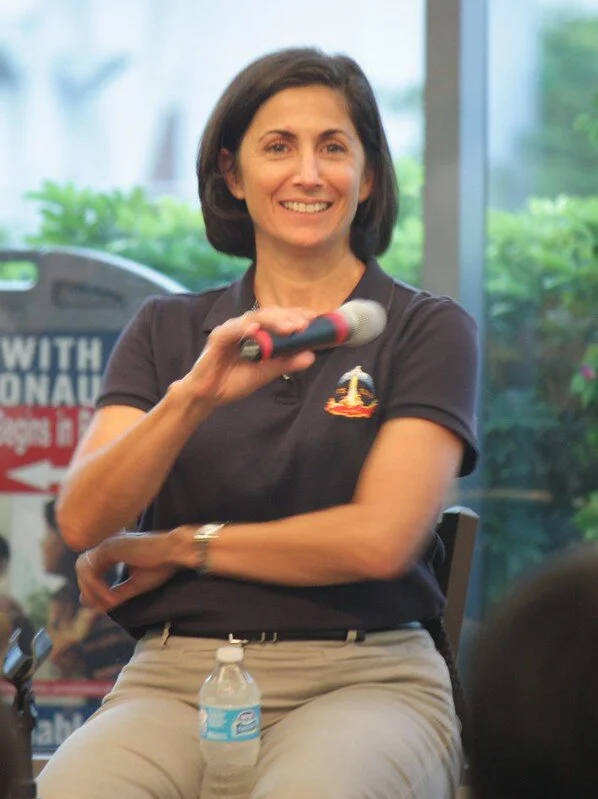Spotlight on Space for Humanity Halo Event - What You Need to Know
On February 13, 2020, Space for Humanity staged its inaugural Halo Event at the home of Dylan and Gabrielle Taylor. In this article, we review some of the event highlights and learn about the role of Space for Humanity in helping widen the boundaries of human potential.
Space Is a Tool for Transformation
Speaking at the Halo Event, Space for Humanity Founder Dylan Taylor explained that space represents the best of us. In accomplishing advancements in space travel, we constantly push the boundaries of human potential. At the same time, space exploration provides us with valuable insights, understanding, and knowledge that can benefit life here on Earth.
Space for Humanity’s Halo Event Was Attended by Astronaut Nicole Stott
Nicole Stott is a former NASA Astronaut. She worked for NASA for 27 years before her retirement in 2015. Stott served as a Flight Engineer on the Expedition 20 and 21 International Space Station missions, as well as presiding as Mission Specialist on the STS-128 and STS-133 missions.
Nicole Stott | Image by Kate Arkless Gray | Flickr
Nicole Stott served as a Crew Member on NASA’s Extreme Environment Mission Operations 9 mission. In this role, Stott spent 18 days working as part of a six-person crew aboard the Aquarius undersea research habitat. During the STS-128 mission, she completed a spacewalk. On October 21, 2009, Nicole Stott and Jeff Williams, her Expedition 21 crewmate, became the first astronauts to tweet live from space.
Speaking with Dylan Taylor at the inaugural Halo Event, Nicole Stott likened Earth to a spaceship. She pointed out that Earth is essentially a closed system. Everything that occurs within the Earth’s atmosphere has an effect on something else.
Stott reflected that we live on a small, beautiful, interconnected planet. She spoke of the importance of living “like we want to survive here.” This entails allowing our lives to be a reflection of the innate interconnectedness of humankind to create a culture, technologies, and a society that we would be proud to introduce to other planets.
Training the Leaders of Tomorrow
The organization aims to open up access to space, cultivating a collective spirit of interconnectedness as humankind ventures into the stars. Space for Humanity was created with the vision of inspiring and training tomorrow’s leaders, cultivating a transition towards a more harmonious world.
Using the International Space Station to Benefit Life on Earth
For more than 17 years, astronauts have continuously lived and worked aboard the International Space Station. They have demonstrated new technologies, achieved groundbreaking research advancements, and propagated scientific knowledge in ways that are simply not possible on earth. Work undertaken on the International Space Station will one day facilitate long-duration deep space exploration, as well as benefitting life here on our planet.
More than 230 people from 18 countries have contributed to projects carried out at the International Space Station’s unique microgravity laboratory. The facility has supported over 2,400 research programs undertaken by researchers from more than 103 countries.
Connecting with the Public Via the Space Station Ambassadors Program
The Space Station Ambassadors Program is open to all leaders, educators, and lifelong learners. It provides an opportunity for space enthusiasts to connect with each other and enjoy access to educational resources and special perks.
The program provides scholarship opportunities to attend SEEC, NSTA, ISS National Lab, and other STEM conferences; free educational resources; and priority access to International Space Station National Lab education events and opportunities through serving within focus groups and pilot testing materials for new products.
Becoming a Space Station Ambassador presents members of the public with the unique opportunity to serve as advocates for the International Space Station and the International Space Station National Lab. Ambassadors also benefit from attending seminars and workshops in their local community, as well as helping to develop educational content for the International Space Station National Lab, and receiving priority access to National Lab education events and opportunities.




